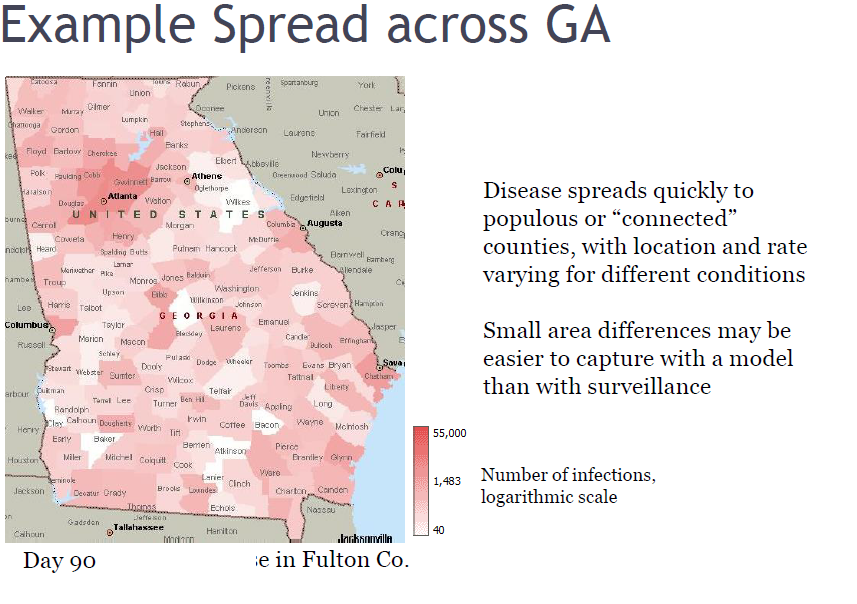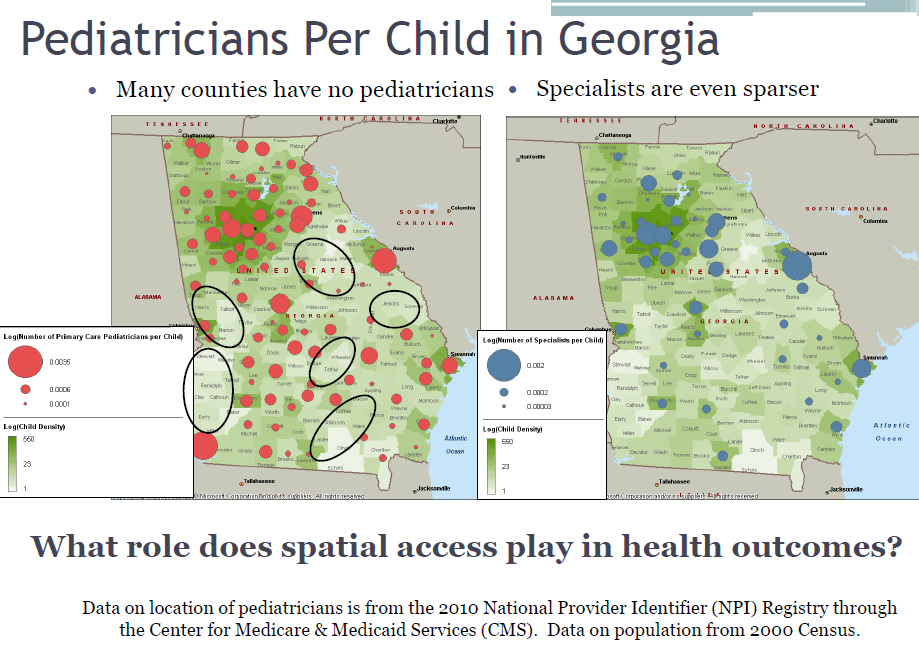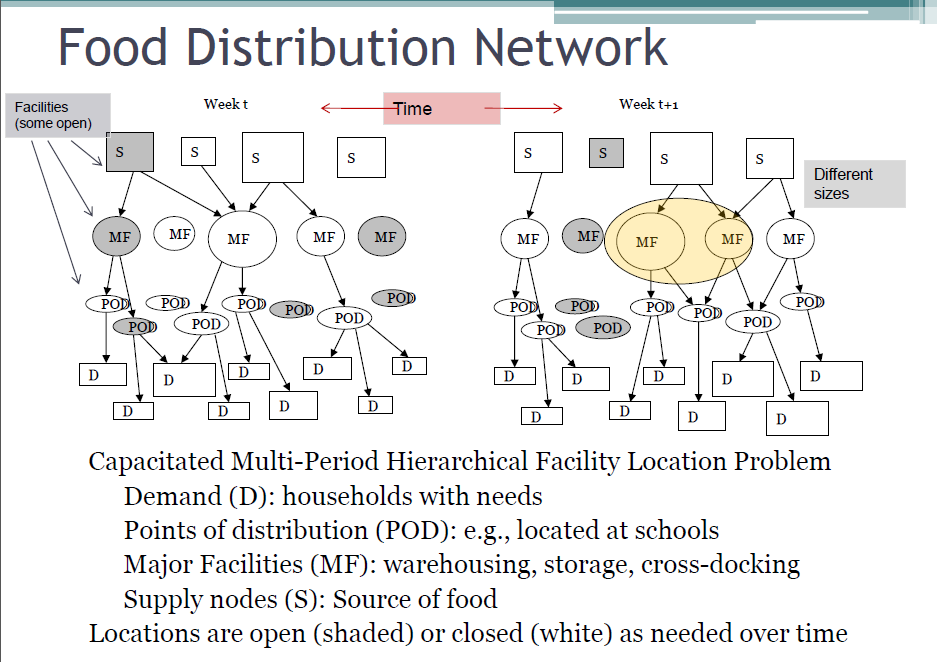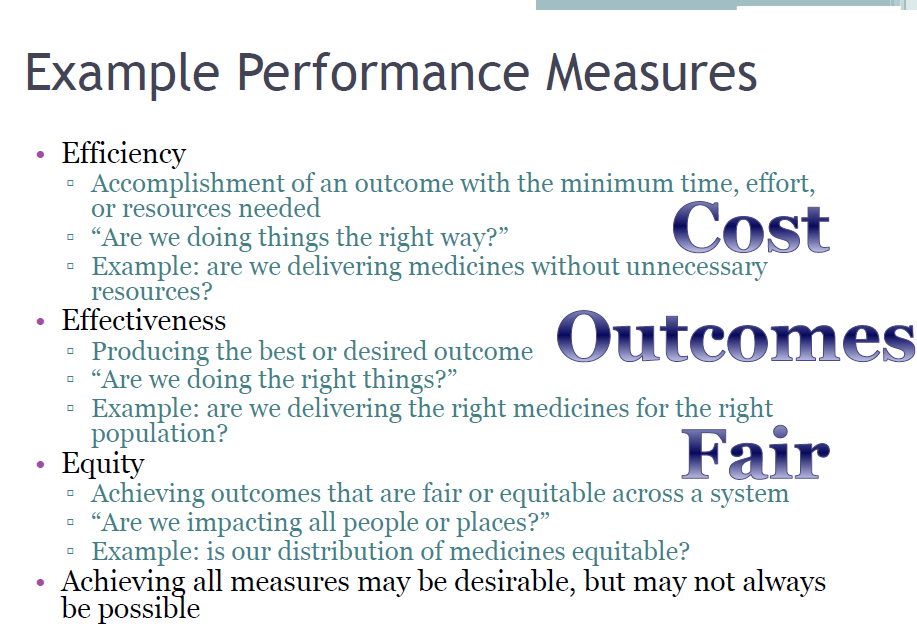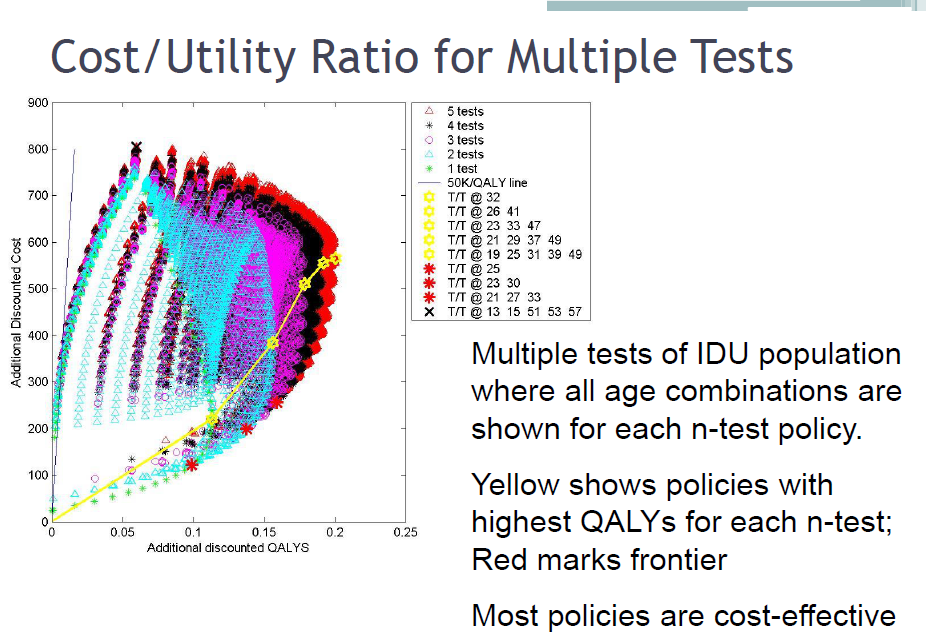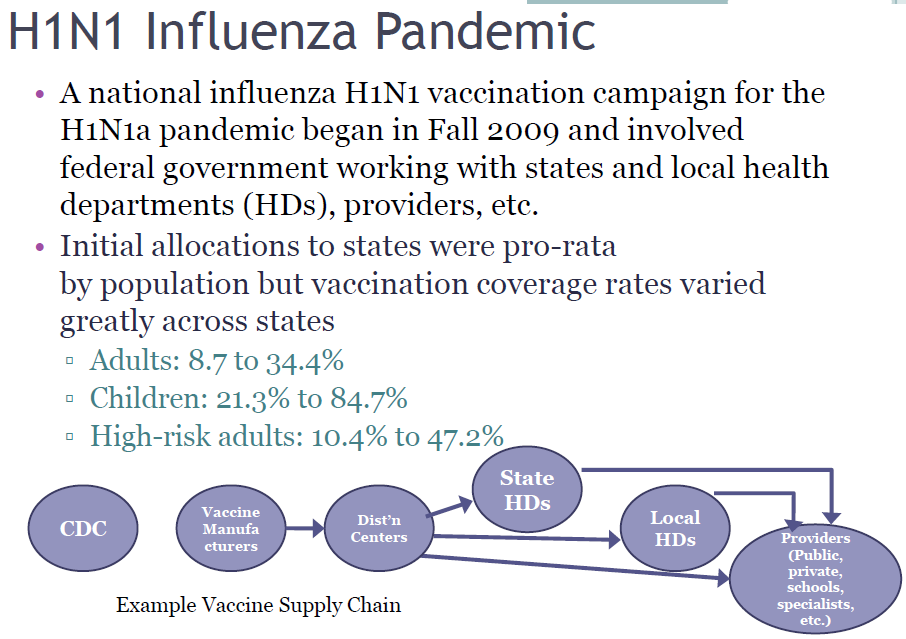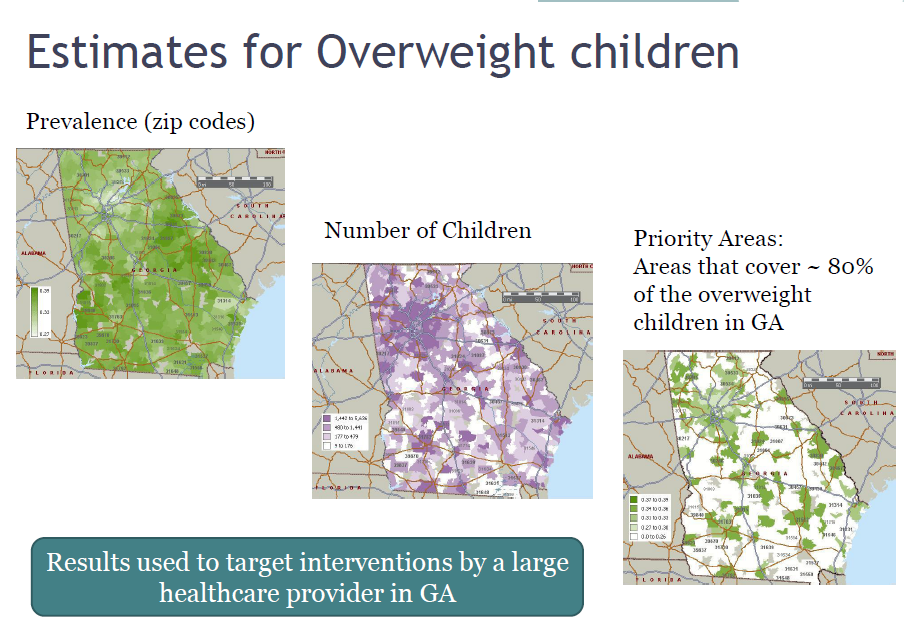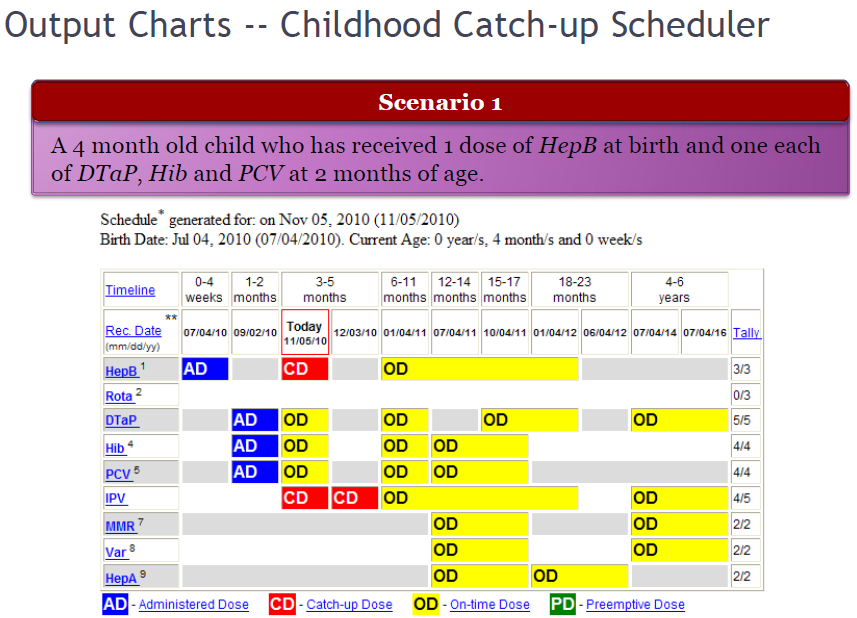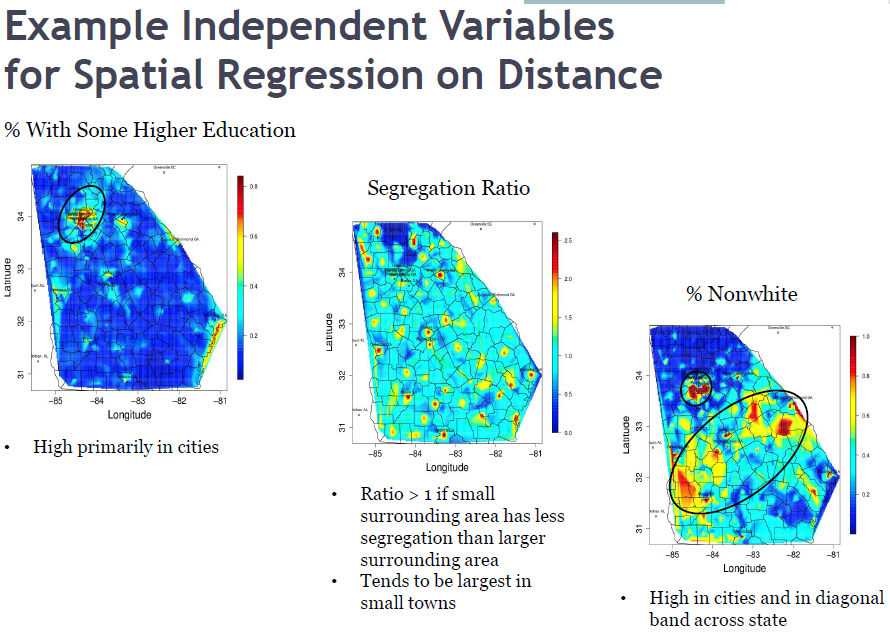Atlanta- July 31, 2013. The Centers for Disease Control and Prevention held its first ever forum on “Engineering and Operations Research in Public Health” on Wednesday, July 31 on the Roybal Campus of the Atlanta-based CDC Global Communications Center. The symposium highlighted common research areas and new technology for engineers and influential scientists at the CDC to emphasize the ways engineering research impacts and informs population health through public health policy and interventions.
Dr. Julie Swann, Co-Director of the Georgia Tech Center for Health & Humanitarian Logistics and Harold R. and Mary Anne Nash Associate Professor in the School of H. Milton Stewart School of Industrial and Systems Engineering (ISyE), presented various examples of the use and impact of industrial and systems engineering applications in the public health sector such as population screening for communicable diseases, disease modeling and intervention systems in pandemics, and methods for quantifying access to care and disparities over different networks.
The area of disease modeling and vaccination distribution held particular weight as Dr. Swann explained findings from her own research and experience as the Senior Science Advisor for the H1N1 pandemic response initiative from 2009-2010 with the CDC. Swann also highlighted various projects by collaborators, such as HHL Center Co-Directors Dr. Pinar Keskinocak and her work with the CDC on the Catch-up Vaccine Scheduler tool, her work with Dr. Nicoleta Serban and others on pediatric obesity intervention, and various public health projects with Co-Director Özlem Ergun and Georgia Tech faculty Turgay Ayer, Dave Goldsman and Eva Lee among others.
In her presentation, “Engineering in Public Health for Efficient, Effective, and Equitable Outcomes,” Dr. Swann clarified the broad role that industrial and systems engineering plays in society, such as the design, improvement and implementation of systems on “people, materials, information, equipment, and/or energy.” By interpreting public health as “the science and art of preventing disease, prolonging life, and promoting health within and across populations,” she presented the various tools that Operations Research (OR) draws upon to “specify, optimize, predict, and/or evaluate” human factors, economic and financial analysis, and simulations with uncertainty, etc. When applied to problems in global public health, these tools become decision aids in situations with limited resources, where there are trade-offs, between cost and quality–adjusted life years for example, or for systems with varying objectives, such as radiation treatment for an individual, number of patients served in a hospital, or population affected by infectious disease public policy.
By applying performance measurement tools common in operations and systems research, Dr. Swann proposed “efficiency, effectiveness, and equity” as three ways to measure the performance outcome of public health policy and intervention for cost, outcome, and fairness respectively. Examples included Hepatitis C population screening policies; mathematical modeling of the H1N1 virus outbreak based on background, progression and contact network and the corresponding vaccine distribution system; childhood obesity prediction and simulation models; and decision support tools such as the Catch-Up Vaccine Scheduler online tool, which demonstrate the various ways IE research and systems optimization provide policy-makers and public health practitioners around the world new data and decision-aid tools to solve pressing global health challenges.
For a pdf of Dr. Swann’s powerpoint presentation and information, please click on the attachment. Please visit our Center for Health & Humanitarian Logistics website for more on Dr. Swann, Dr. Keskinocak, and Dr. Ergun’s research, publications, case studies, and current projects around the world in global public health.
The CDC Symposium also featured remarks by Dr. Martin Meltzer, a keynote address by CDC engineer Dr. Rick Gelting, and presentations by local university faculty and students such as the University of Georgia College of Engineering’s (CENGR) Dr. Zion Tse and Dr. Michael Washington from the University of South Florida. The Symposium was sponsored by the National Center for Emerging and Zoonotic Infectious Diseases (NCEZID)/Division of Preparedness and Emerging Infections, the SEPDPO/Prevention Effectiveness Fellowship Branch, and the Society for Health Systems.
For More Information Contact
Meghan SmithgallMarketing & Admin CoordinatorGA Tech Center for Health & Humanitarian Logistics404.385.1432
